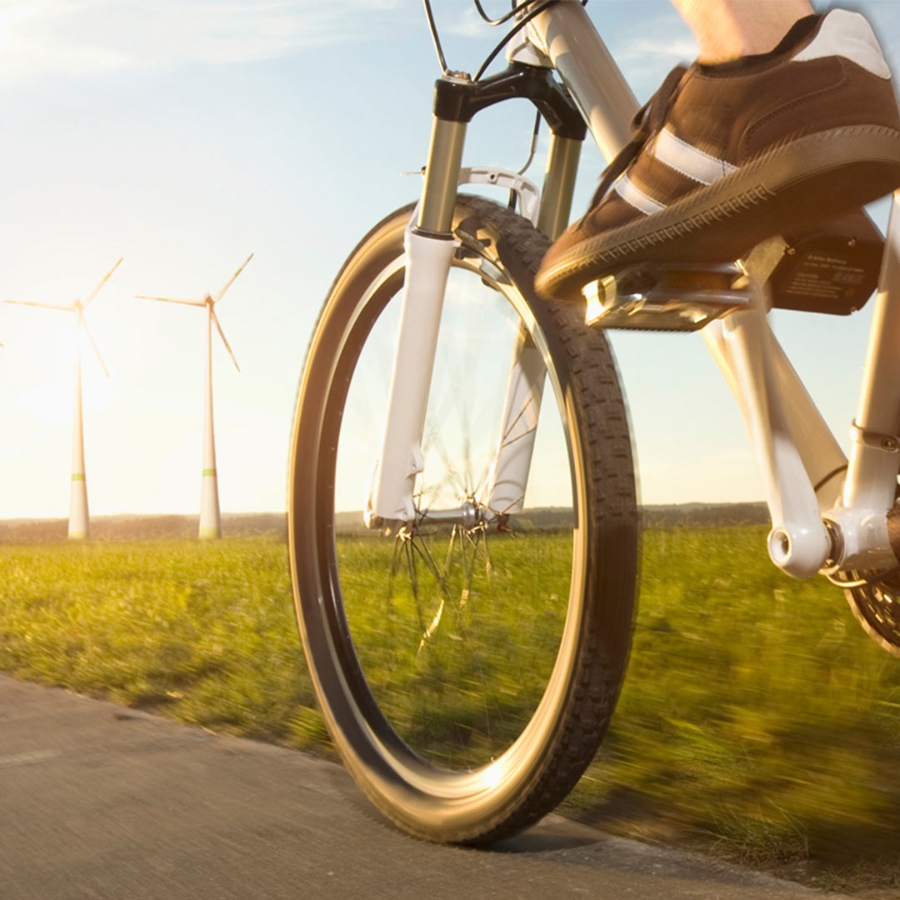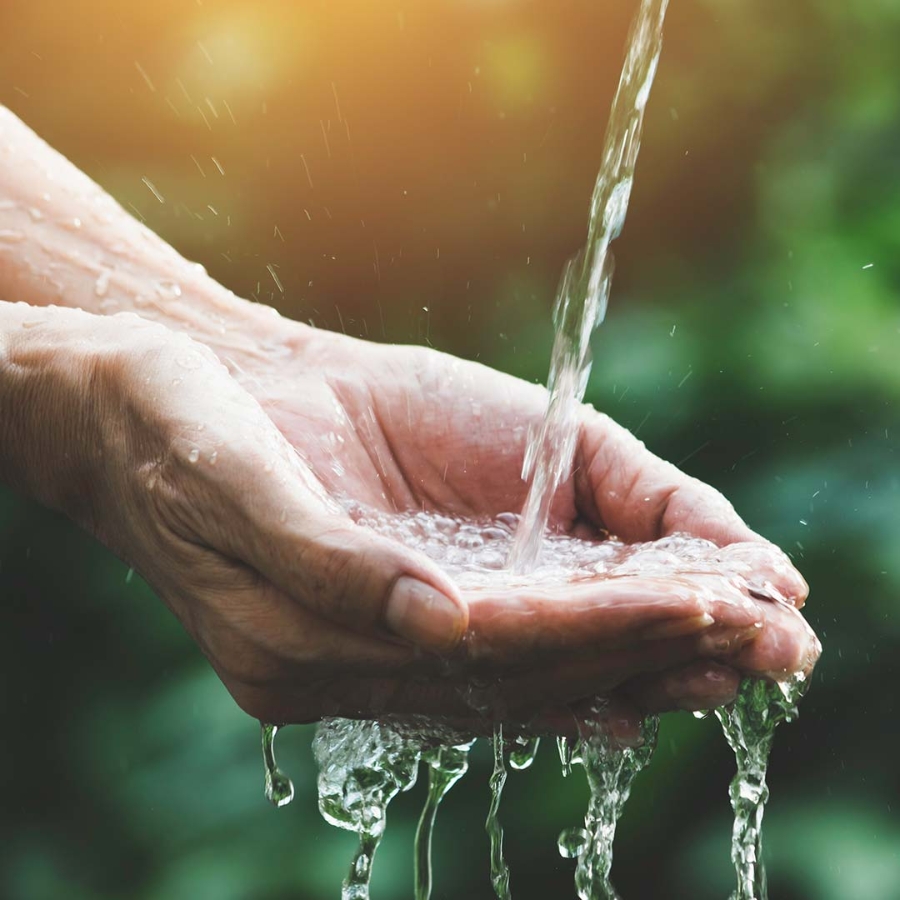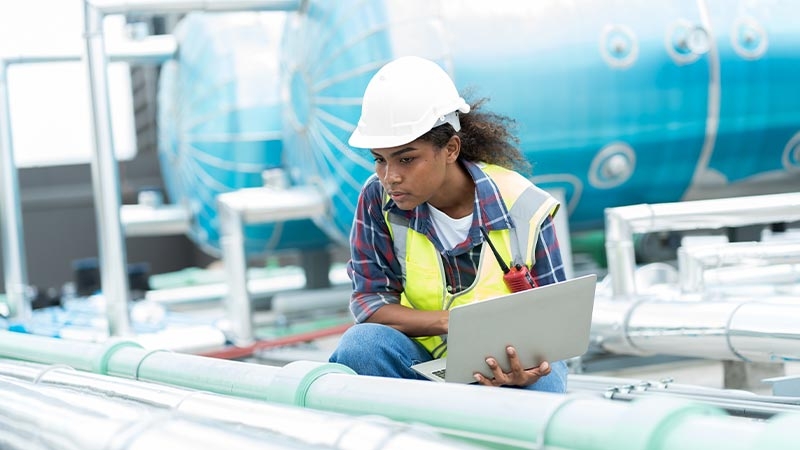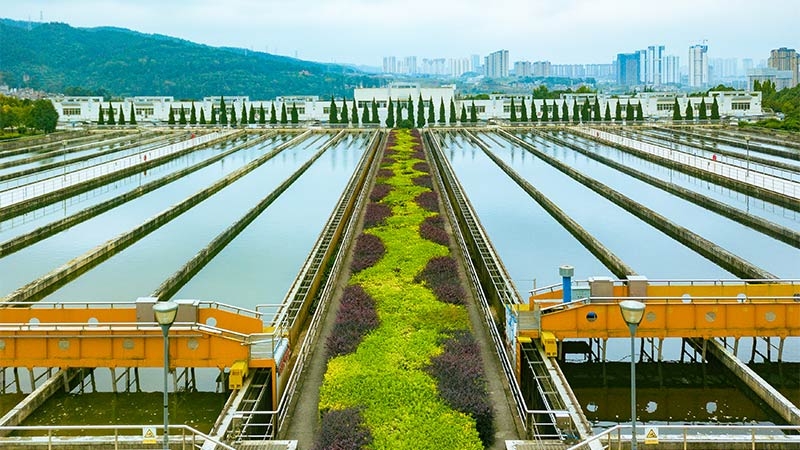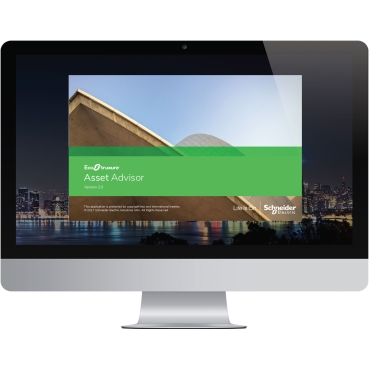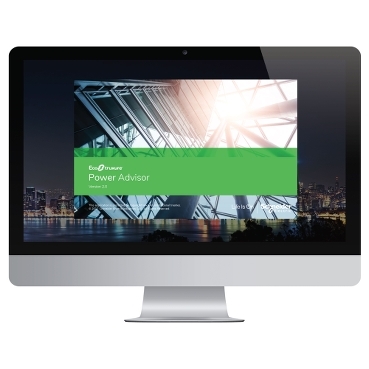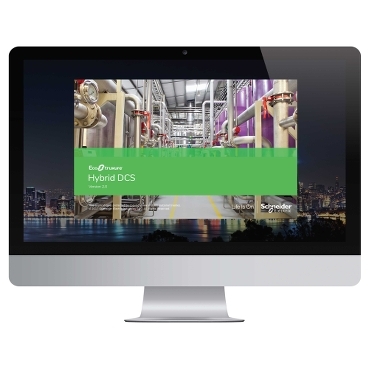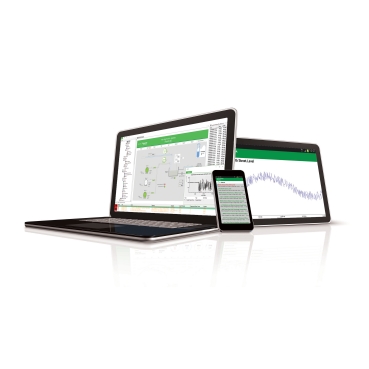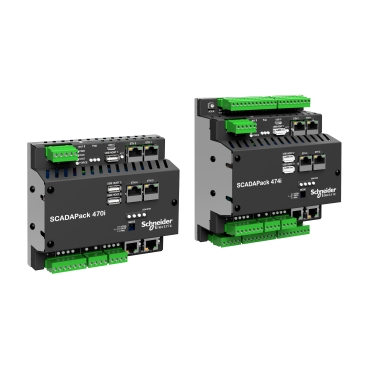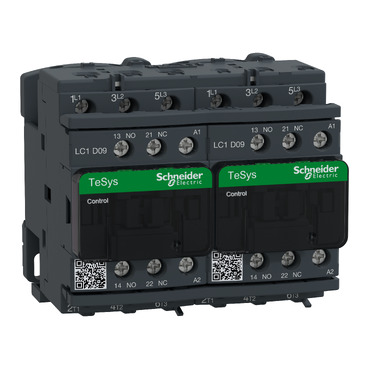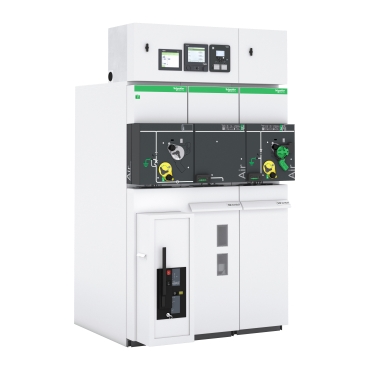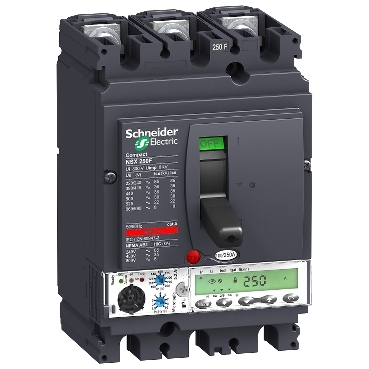Increased demand and the threat of climate change make water management one of the biggest challenges in the coming years. However, India faces significant water stress. With water lost to leaks, the effects on water stress and wasted energy for processing is staggering. Addressing leaks and boosting efficiency is vital for sustainability. Electrification and digitization are the keys to optimizing water distribution, minimizing leaks, and maximizing efficiency. Through collaboration, we aim to create a circular system of water and energy efficiency, ensuring every drop counts. Together, we can save water and save electricity!
Discover our EcoStruxure solutions for Water and Wastewater
Innovative Solutions for Sustainable Wastewater Treatment
Traditional wastewater treatment faces increasing pressure due to climate change and growing demand. At Schneider Electric, we offer sustainable wastewater treatment solutions to address these challenges. Our innovative technologies focus on:
- Reduced Energy Consumption: Optimise wastewater treatment processes for significant energy savings.
- Improved Water Quality: Ensure efficient treatment and discharge of clean water back into the environment.
- Enhanced Efficiency: Minimise water loss and optimise treatment plant operations.
Discover software, services, and products for Water and Wastewater

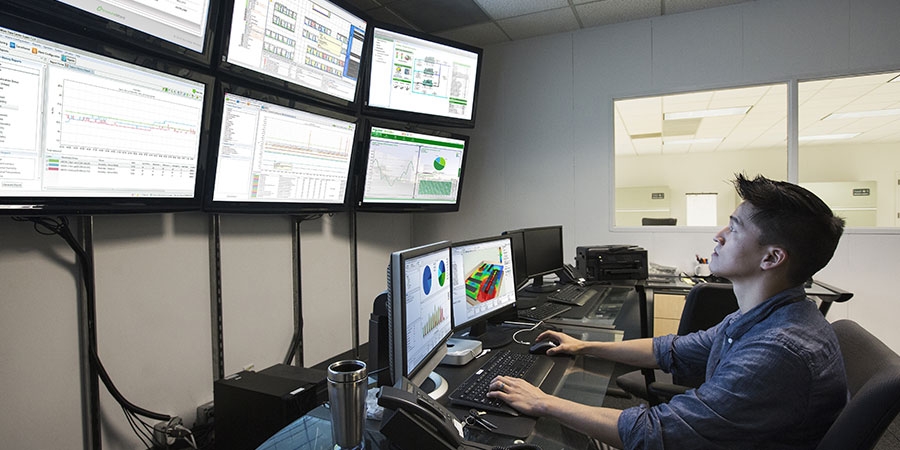
Realising the promise of Industry 4.0 data management
Data is a strategic asset in next-generation industrial environments. Find out how to better use it for agile and optimised smart factories.

Competitive advantage through digital communities
Accelerating the industrial revolution 4.0 needs more than just technology. It calls for true ecosystem thinking.
Explore our Customer Stories for Water and Wastewater
Explore the latest insights on IoT in Water and Wastewater
You might also be interested in:
Need help?
1. What are water and wastewater?
Water is the primary source of life. It is tasteless, odourless, inorganic, and a transparent chemical substance that falls under one of the main constituents of Earth’s hydrosphere. Even though it provides close to zero organic nutrients or calories, it is essential for all life forms.
However, to utilise used water, also known as wastewater, more efficiently, there is a dire need to modernise core piping and pumping networks and wastewater management solutions.
Schneider Electric aims to bridge the gap between sustainability and progress. Benefits of water and wastewater solutions offered by our experts include increased operational sustainability, lower risk, reduced implementation costs, and a smarter workforce.
2. How can we manage water resources?
Managing water resources can be an overwhelming task for any company or organisation; it deals with developing, planning, distributing, and managing optimal water resources.
Schneider Electric offers a range of water resource solutions to rectify crucial challenges like modernised pipelines and water treatment plants under a limited budget. Delivering sustainable quantities of water and efficient management of infrastructure are our priorities.
Our IoT-enabled platform, EcoStruxure, offers a wide variety of water and wastewater solutions that effectively enhance applications and processes across the water cycle by providing Connected Products, Edge Control, Apps, Analytics, and Services.
3. What do wastewater treatment plants do?
Water treatment plants are responsible for cleansing and purifying water and sewage to be reusable for society in a way that doesn’t damage the environment. In addition, these plants are responsible for restoring oxygen content, removing pollutants and solids, and breaking down organic matter.
Schneider Electric provides diverse solutions for sustainable water treatment plants, including plant management, services, asset performance, electrical distribution, automation and control, and motor control. These solutions, coupled with an intelligent set of software solutions, manage quality, power, information, workforce, and energy that helps you make better and safer decisions.
Water is the primary source of life. It is tasteless, odourless, inorganic, and a transparent chemical substance that falls under one of the main constituents of Earth’s hydrosphere. Even though it provides close to zero organic nutrients or calories, it is essential for all life forms.
However, to utilise used water, also known as wastewater, more efficiently, there is a dire need to modernise core piping and pumping networks and wastewater management solutions.
Schneider Electric aims to bridge the gap between sustainability and progress. Benefits of water and wastewater solutions offered by our experts include increased operational sustainability, lower risk, reduced implementation costs, and a smarter workforce.
2. How can we manage water resources?
Managing water resources can be an overwhelming task for any company or organisation; it deals with developing, planning, distributing, and managing optimal water resources.
Schneider Electric offers a range of water resource solutions to rectify crucial challenges like modernised pipelines and water treatment plants under a limited budget. Delivering sustainable quantities of water and efficient management of infrastructure are our priorities.
Our IoT-enabled platform, EcoStruxure, offers a wide variety of water and wastewater solutions that effectively enhance applications and processes across the water cycle by providing Connected Products, Edge Control, Apps, Analytics, and Services.
3. What do wastewater treatment plants do?
Water treatment plants are responsible for cleansing and purifying water and sewage to be reusable for society in a way that doesn’t damage the environment. In addition, these plants are responsible for restoring oxygen content, removing pollutants and solids, and breaking down organic matter.
Schneider Electric provides diverse solutions for sustainable water treatment plants, including plant management, services, asset performance, electrical distribution, automation and control, and motor control. These solutions, coupled with an intelligent set of software solutions, manage quality, power, information, workforce, and energy that helps you make better and safer decisions.






